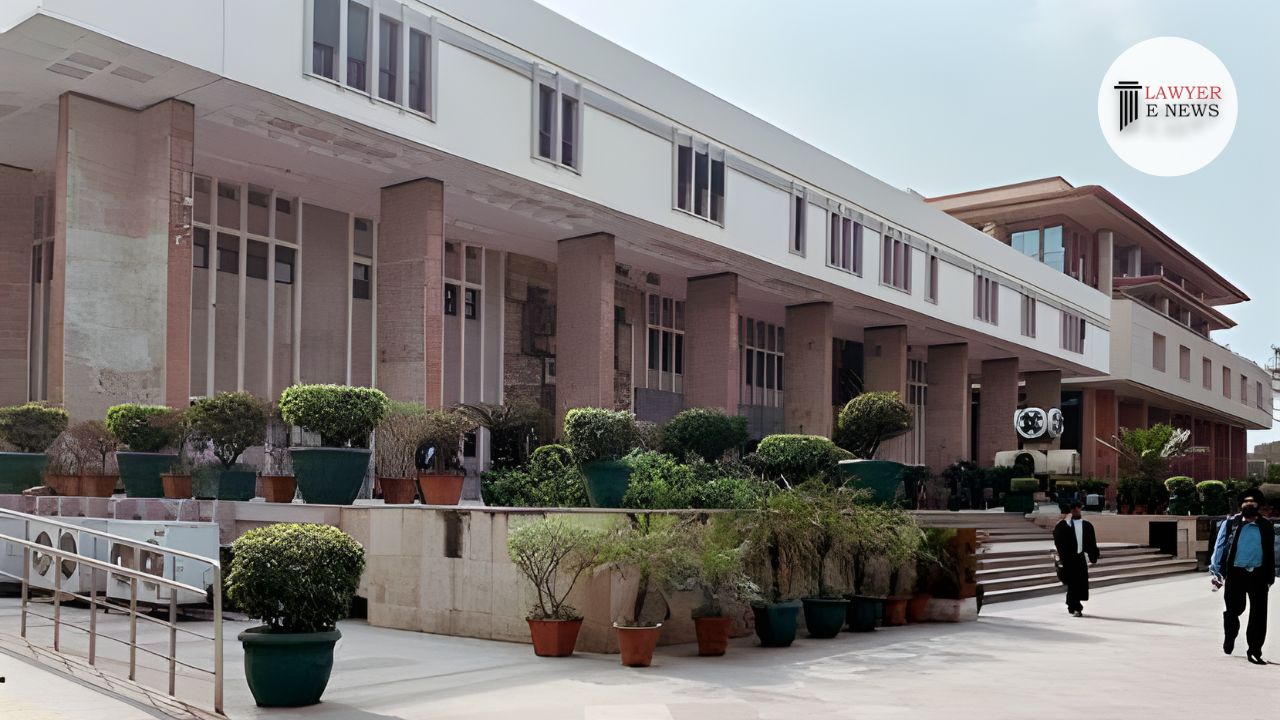-
by Admin
15 February 2026 5:35 AM



The Delhi High Court has dismissed the appeals by The Statesman Ltd., which sought exemption from implementing the Majithia Wage Board Award due to alleged financial losses. The ruling, delivered by a bench comprising Justices Rekha Palli and Saurabh Banerjee, reaffirmed the necessity for media establishments to adhere to mandated wage revisions for journalists and non-journalist employees, emphasizing the insufficiency of the appellant’s claims of “heavy cash losses.”
The Statesman Ltd. Challenged the implementation and enforcement of the Majithia Wage Board Award, which mandated revised wages for working journalists and non-journalist newspaper employees. The appellant contended that it should be exempt from these payments due to “heavy cash losses” incurred in the preceding three financial years. This plea was initially dismissed by a Single Judge, and the subsequent review petition was also rejected, leading to the current appeals.
Financial Losses and Compliance: The bench meticulously examined The Statesman’s plea that it faced “heavy cash losses” over three consecutive financial years, which it argued should exempt it from complying with the wage revisions mandated by the Majithia Wage Board Award. Justice Saurabh Banerjee noted, “The petitioner had actually earned profits during the years 2009-2010 and 2010-2011, of Rs.35,60,000/- and Rs.7,41,000/- respectively,” thereby failing to establish a continuous and crippling financial loss as required for exemption under the Award.
Importance of Wage Board Compliance: The court emphasized the significance of adhering to the Wage Board Award, which has been validated by the Supreme Court. The judgment stated, “The recommendations of the Wage Boards are valid in law, based on genuine and acceptable considerations and there is no valid ground for interference under Article 32 of the Constitution of India.”
Scope of Review Jurisdiction: Addressing the appellant’s request for a review of the initial dismissal, the bench reiterated that review jurisdiction is limited and cannot be used to reargue points already decided or introduce new grounds not raised initially. The court found that The Statesman had participated in proceedings without raising jurisdictional objections earlier, thus precluding them from doing so at this stage.
Justice Banerjee underscored, “The financial incapacity had no relevance in determining the liability of the appellant to pay the arrears as per the terms of the Majithia Award.” This reinforces the court’s stance that compliance with the Wage Board’s recommendations is mandatory, regardless of claimed financial difficulties.
Factual Matrix and Balance Sheets: The court evaluated the factual matrix and the balance sheets provided by The Statesman Ltd. The company claimed exemption based on losses during the financial years 2008-2009, 2009-2010, and 2010-2011. However, the financial records showed profits in two of these years, undermining their claim of continuous crippling losses.
Competent Authority and Recovery Certificates: The Statesman Mazdoor Union, on behalf of the employees, filed applications under Section 17(1) of the Working Journalist Act before the Competent Authority, seeking arrears as per the Majithia Award. The Competent Authority’s orders dated July 21, 2015, and August 19, 2015, directed The Statesman to pay arrears amounting to Rs.1,94,63,791 and Rs.37,69,420 respectively. Due to non-compliance, Recovery Certificates were issued, leading to notices under Section 136 of The Delhi Land Reforms Act, 1954.
The appellant’s arguments hinged on the claim of heavy cash losses and the need for adjudication under Section 17(2) of the Working Journalist Act for disputed amounts. However, the court noted that no specific dispute regarding the quantum of the payment was raised by The Statesman before the Competent Authority, negating the need for proceedings under Section 17(2).
Date of Decision: May 29, 2024
The Statesman Ltd. Vs. Govt of NCT of Delhi and Ors
